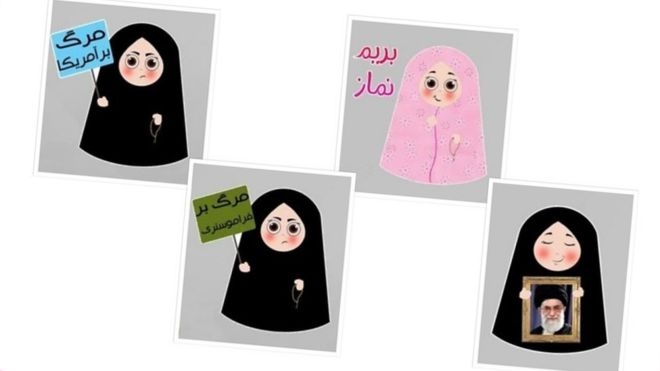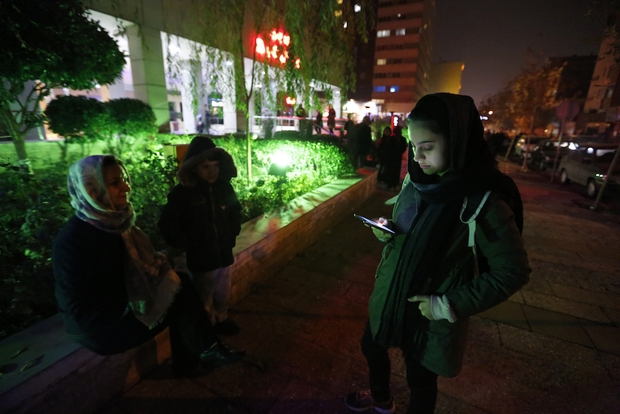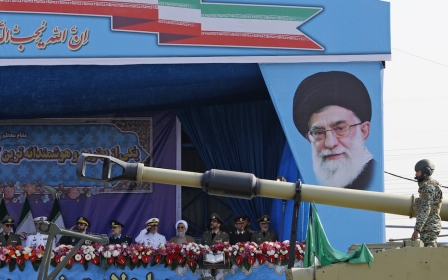Iran includes 'death to America' emoji in state-approved messaging app

The Iranian government has launched a new messaging app replete with "Death to America" and pro-Khamenei emojis, in an attempt to counter the popularity of the encrypted, privacy-driven Telegram service.
About 50 million Iranians currently use Telegram, which has concerned the authorities who suspect it was a driving force behind anti-government protests in December and January.
The new app, "Soroush", features emojis featuring chador-wearing women and attacks on the United States, Israel, the US and Freemasonry.
It currently claims five million users, closely resembles Telegram in that it allows users to join channels, follow news, and conduct business online.
It also contains a feature to transfer existing Telegram accounts to the new application.
Supreme Leader Ali Khamenei closed down his Telegram account last week “in line with safeguarding national interests and removing the monopoly of the Telegram messaging app".
State media reported that the Iranian government had banned "all state bodies from using the foreign messaging app".
Despite this, the IRGC still maintains a Telegram account, while the Quds Force, an elite brigade in the powerful Iranian Revolutionary Guard Corps, announced a competition for joining the new messaging app on its own Telegram account.
Many Iranians still use Twitter and other banned platforms by using Virtual Private Networks (VPNs) to bypass the restrictions.
December saw mass unrest in Iran as anger boiled over against corruption and unemployment, sparked by attempts to reform the country's subsidy system by President Hassan Rouhani.
Telegram users shared photos of protests, including pictures of female demonstrators taking off their headscarves in public.
Images flowed into the outside world through the app, often by way of the National Council of Resistance in Iran, a controversial anti-government group based in Albania.
New MEE newsletter: Jerusalem Dispatch
Sign up to get the latest insights and analysis on Israel-Palestine, alongside Turkey Unpacked and other MEE newsletters
Middle East Eye delivers independent and unrivalled coverage and analysis of the Middle East, North Africa and beyond. To learn more about republishing this content and the associated fees, please fill out this form. More about MEE can be found here.





